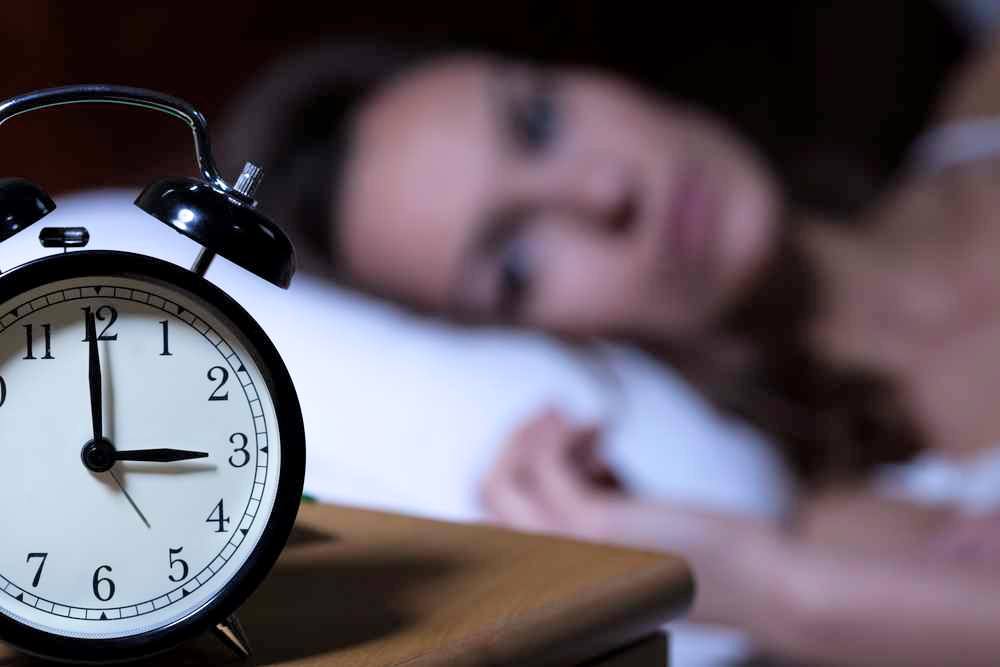
For much of the U.S. and many places around the world, daylight saving time comes to an end on Sunday, Nov. 7, when clocks are turned backward one hour to local standard time. This small change can have a big effect on your sleep and your health.
Sleep provides the foundation for all your daily habits and decisions. Getting at least seven hours of quality rest each night is essential for optimal health.
Sleeping less than seven hours a night is associated with weight gain, diabetes, high blood pressure and depression. Lack of sleep also can affect your immune system and your heart health.
Similar to the effects of jet lag on your system, setting your clock back an hour for daylight saving time can take a toll on your sleep because your internal clock keeps on ticking, regardless of time zone or daylight saving time. This internal clock, or circadian rhythm, is influenced by exposure to sunlight, among other factors.
Whether due to daylight saving time adjustments or traveling across time zones, here are four things you can do to prepare for sleep changes:
- Adjust your internal clock gradually.
If you know a time change is coming, adjust your sleep and wake times in small increments so your body can transition gradually. Shift your bedtime and wake time in 15- to 30-minute increments. - Plan ahead.
If you're traveling to a different time zone, arrive at your destination early to allow yourself time to adjust and prepare for a good night's sleep. Perhaps even catching a short nap before the events ahead would allow you to adapt to the time schedule without interrupting a good night's sleep. - Step into the sun.
Sunlight affects your body's circadian rhythm. To help maintain sleep patterns, spend some time in the sunlight upon waking or later in the day, depending on which direction you travel. Morning light can usually help you adjust to an earlier time zone ― when you are traveling east. And evening light helps you adapt to a later time zone ― when you are traveling west. - Use essential oils.
Essential oils are extracted from plants and are often used in aromatherapy. Studies have shown that essential oils can reduce feelings of anxiety and produce a sense of calm. These oils may help you drift off more easily: lavender, jasmine, chamomile, bergamot, rose, clary sage, neroli, sandalwood, ylang ylang and vanilla. Common ways to use essential oils are with an air diffuser, or by applying a few drops to a cotton ball or tissue that you tuck into your pillowcase. Sleep masks and pillows infused with scents from essential oils also can aid in relaxation and rest.
Connect with others and share your tips for better sleep in the Sleep Health support group on Mayo Clinic Connect, an online patient community moderated by Mayo Clinic.
Related Articles







